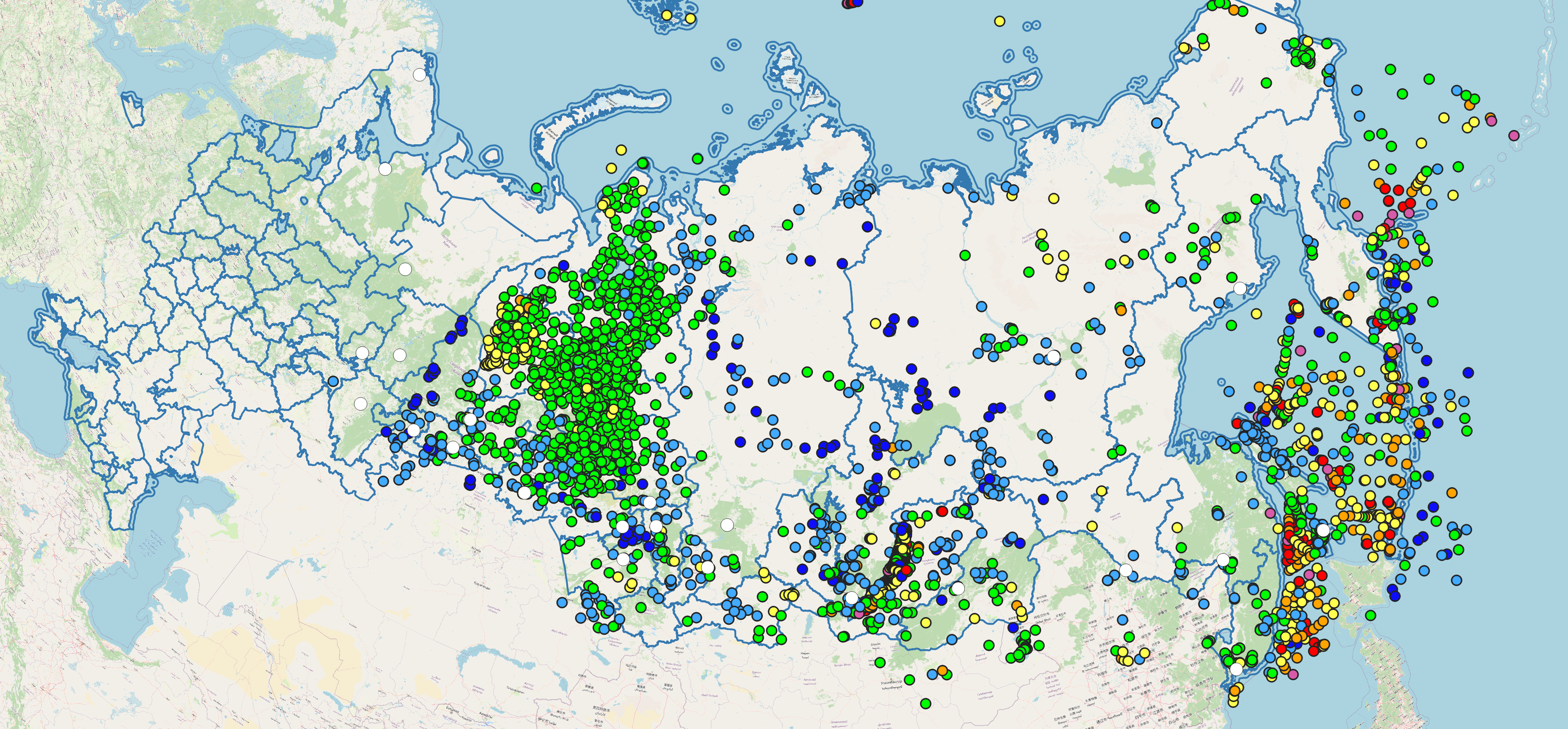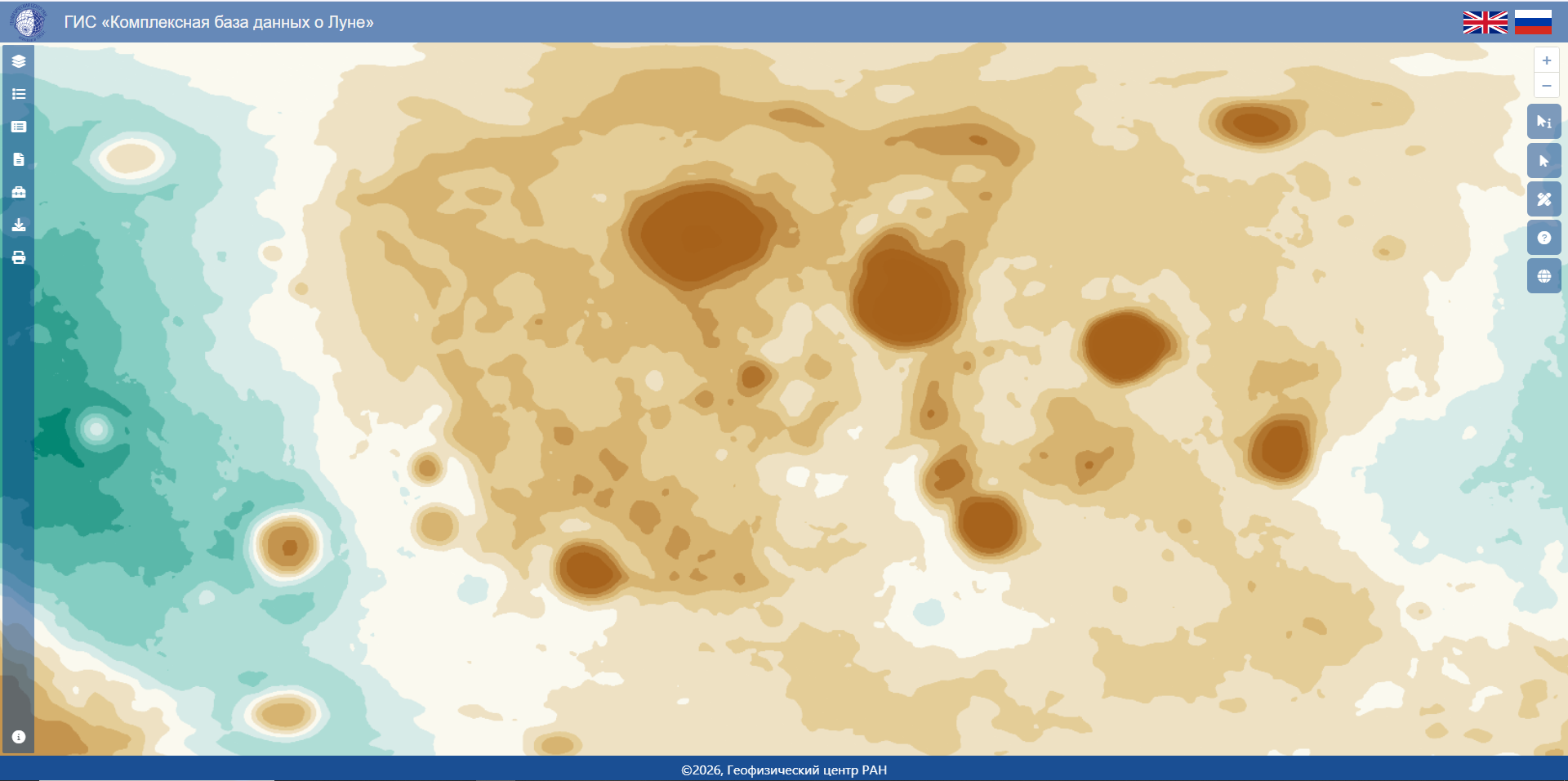February 26, 2024. On February 20, 2024, the Arctic Academic Forum 2024 was held within the framework of the Moscow Academic Economic Forum, dedicated to the 300th anniversary of RAS. The theme of the forum was "The Development of the Arctic: the Role of Science (Scientific Community) in the Interaction of Government and Business". The event was organized by the Free Economic Society of Russia, the Scientific Council of RAS for the Study of the Arctic and Antarctic, and the International Union of Economists with the participation of the Scientific Council of RAS "Environment and Transport". The chairman was Academician of RAS Alexey Gvishiani – the chairman of the Scientific Council of RAS for the Study of the Arctic and Antarctic, a deputy chairman of the Scientific Council of RAS "Environment and Transport", Scientific Director of the GC RAS.
Alexey Gvishiani welcomed participants of the forum and delivered the main report "2023: News of the Scientific Council of RAS for the Study of the Arctic and Antarctic". The speaker talked about one of the most important scientific achievements in 2023: the launch of spacecraft Arktika-M № 2. The expansion of the group of Arctic-M satellites makes it possible to directly use data from Russian space monitoring of the Arctic zone of the Russian Federation (AZRF) in economic models and calculations.
Another key topic of the report was natural disasters in Russia. Alexey Gvishiani pointed out the need to develop seismic zoning in order to move from 2D to 3D interface models based on the metrological basis of system analysis and fuzzy set theory. This is a completely new approach, when the scientists, who study the seismic regime, take into account not only seismological but also economic and construction data. The topic of studying seismic hazard was continued by Deputy Director for Science D.Sc. Boris Dzeboev. He spoke about the AZRF earthquake catalog created on the base of the GC RAS. The catalog combined data from all currently available catalogs for this region. "For the first time in history, an integral, complete, and most qualitative catalog of Arctic earthquakes was built," Alexey Gvishiani described this work.



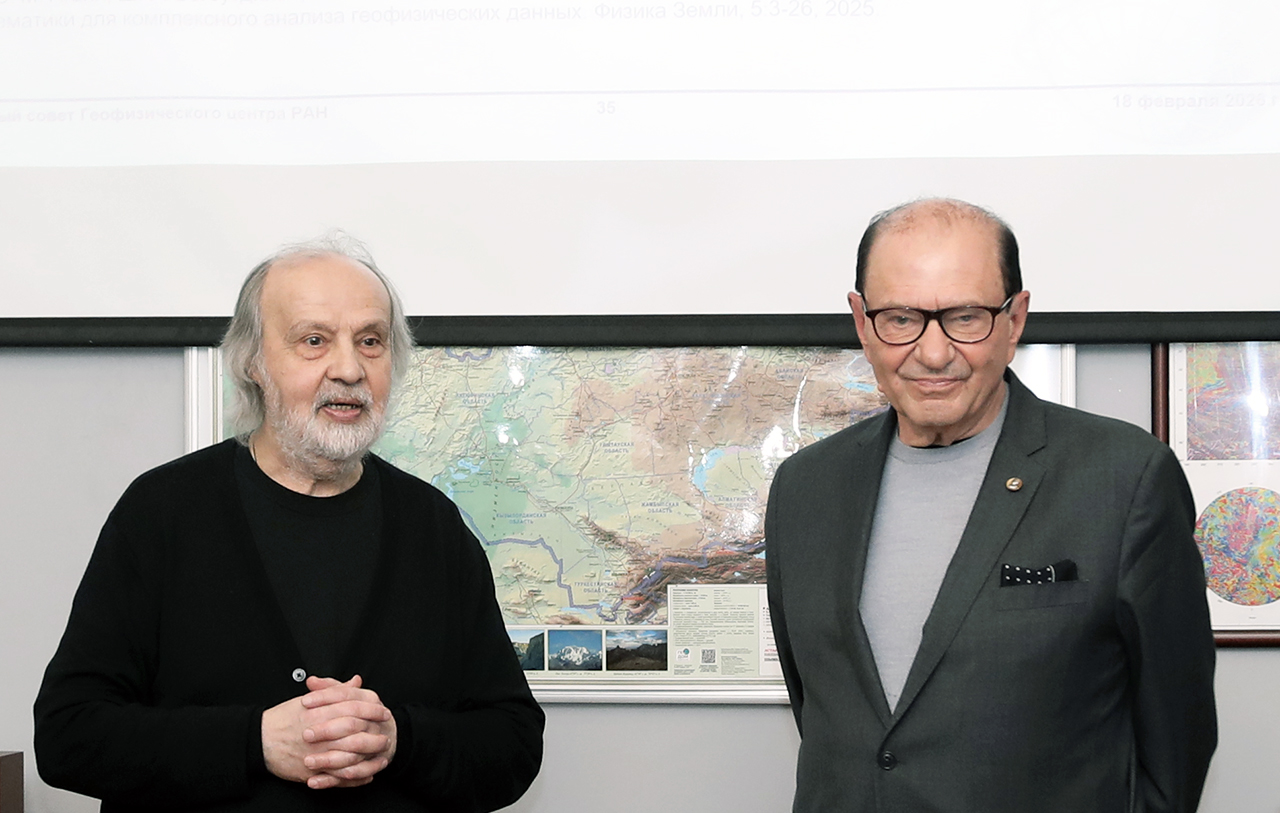


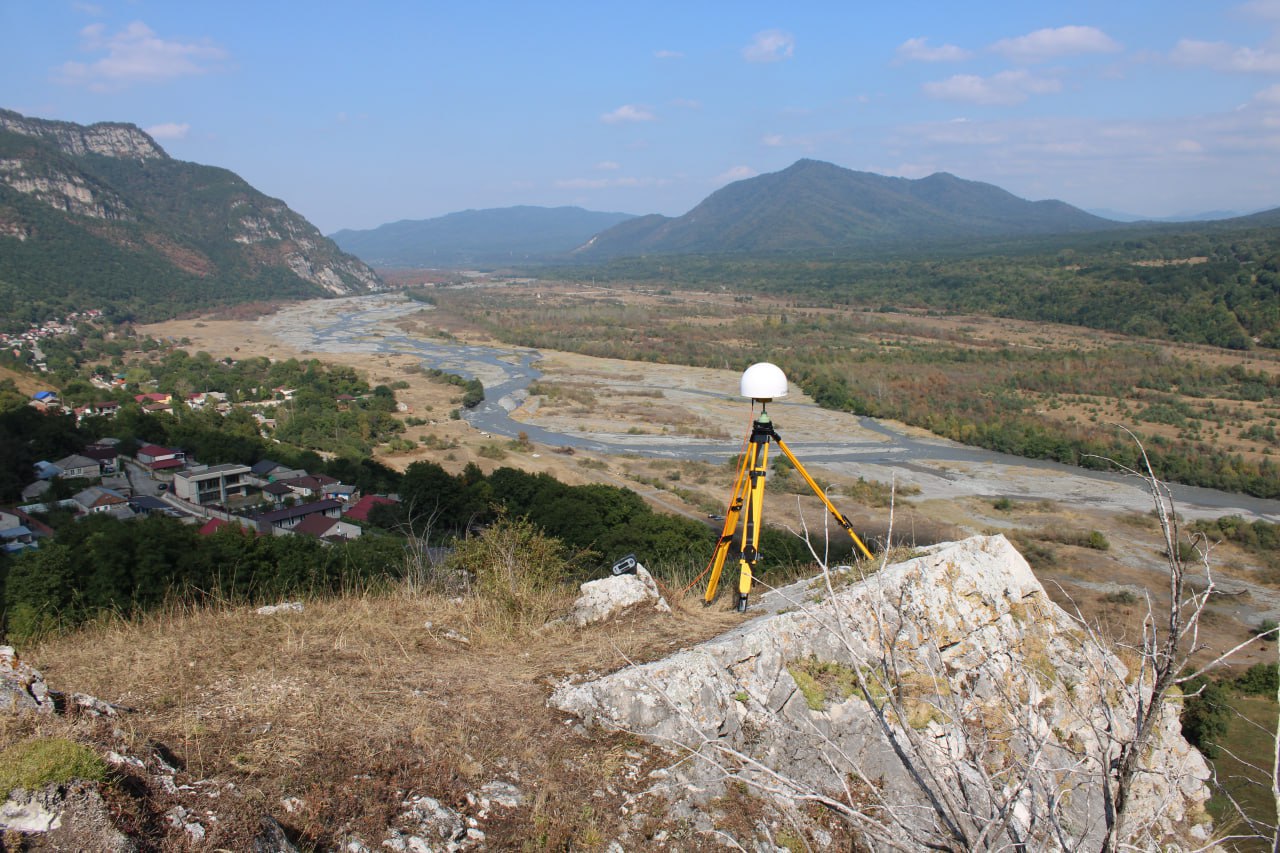
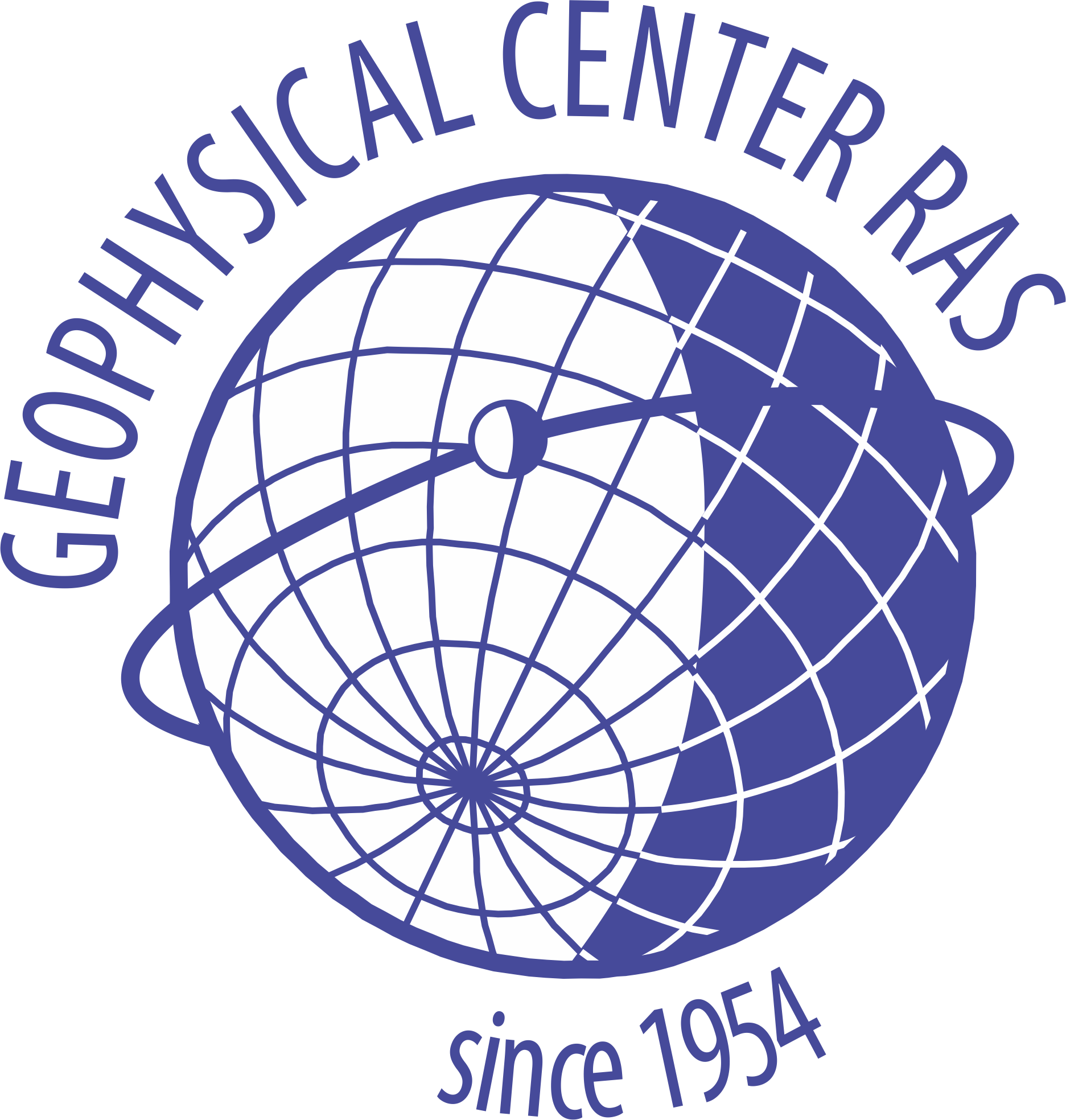

 Analytical Geomagnetic Data Center
Analytical Geomagnetic Data Center Space weather parameters
Space weather parameters Virtual Magnetograms
Virtual Magnetograms


